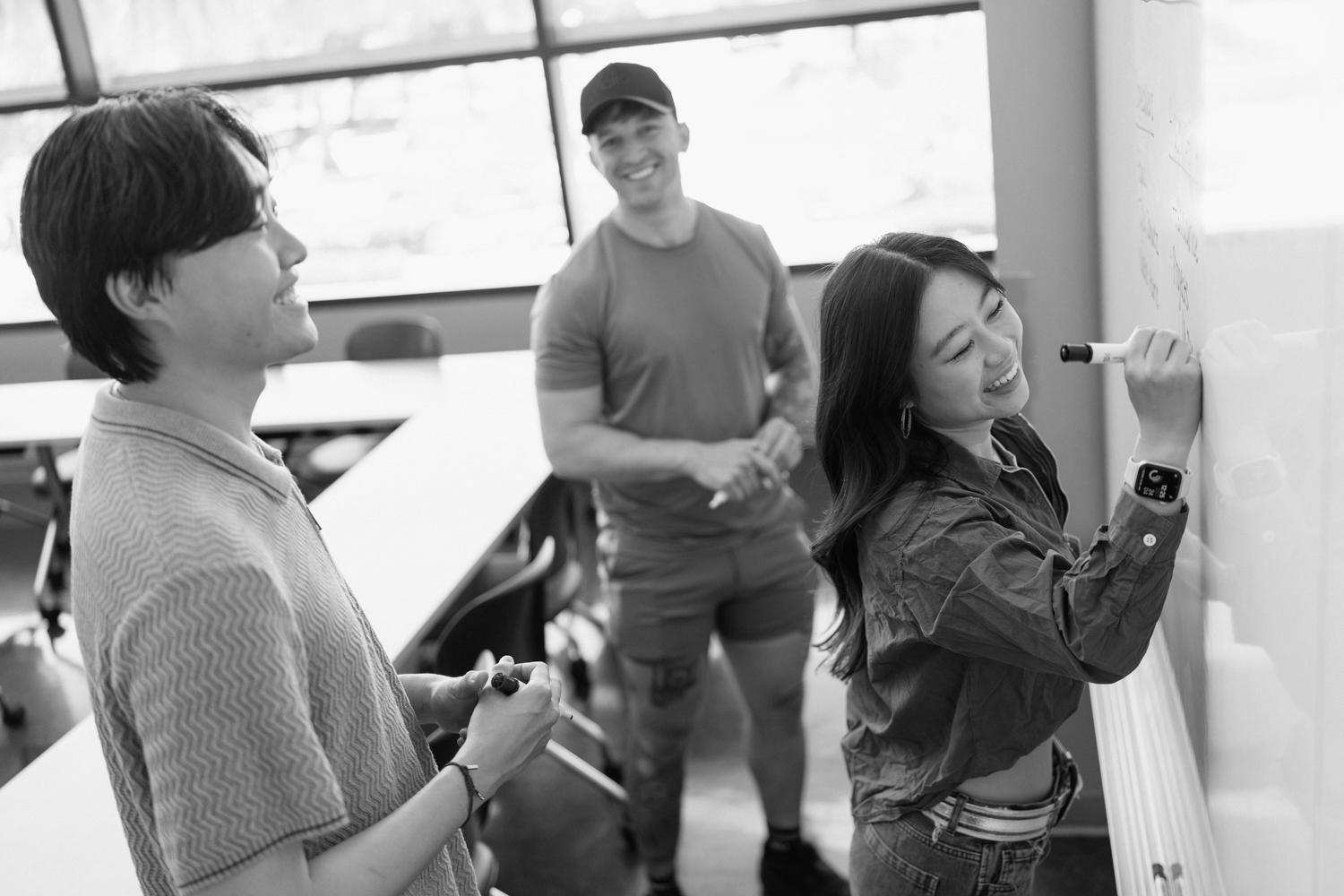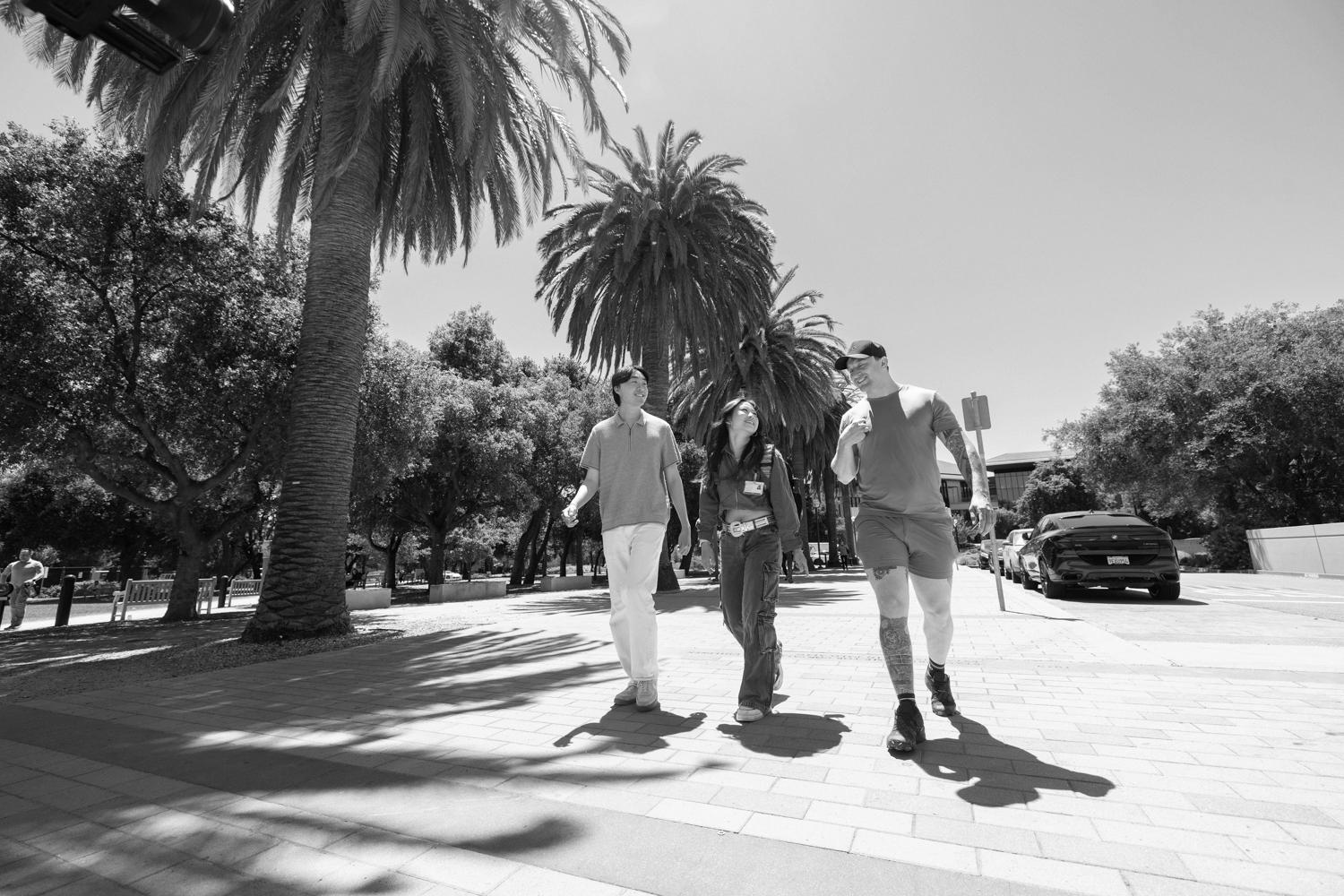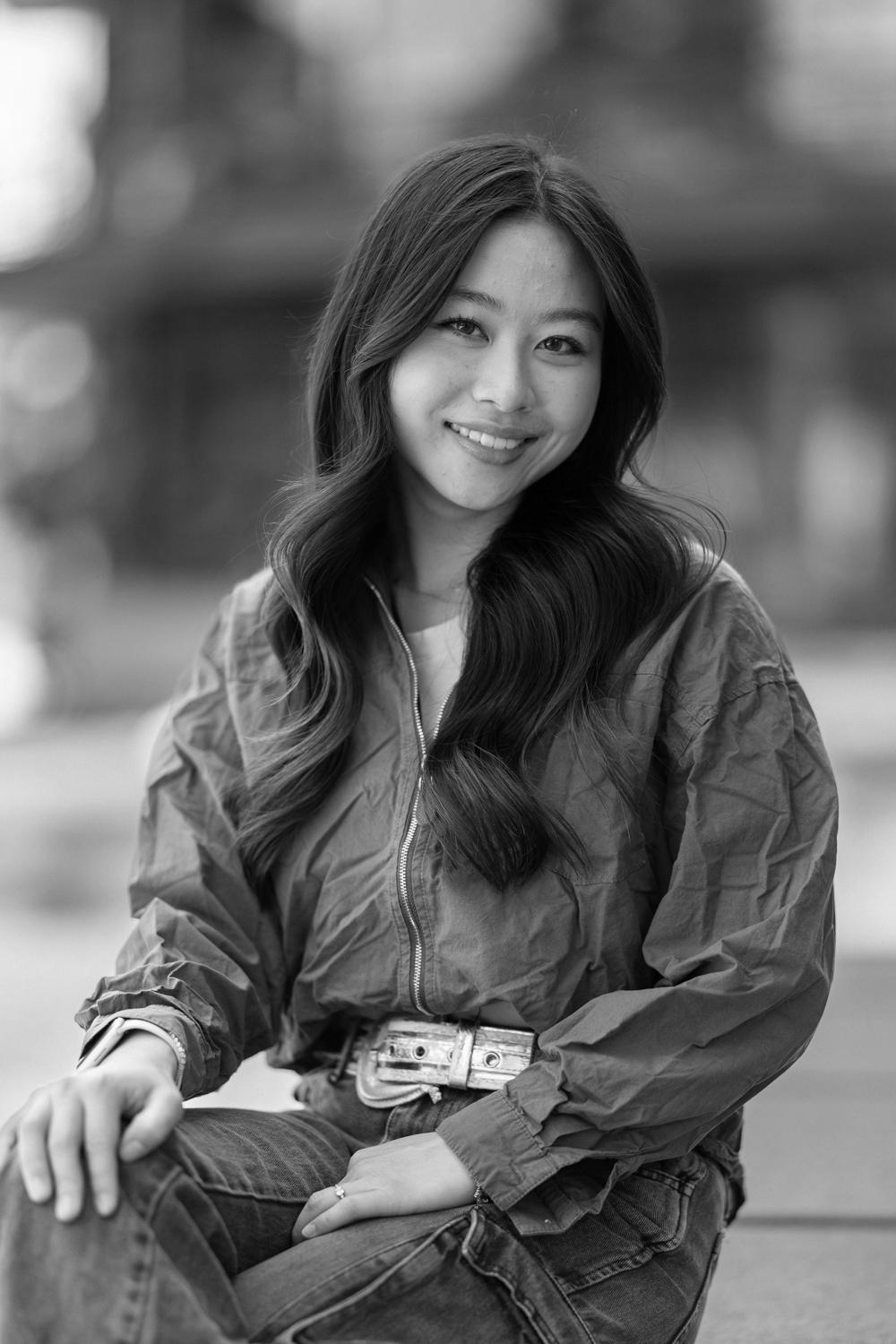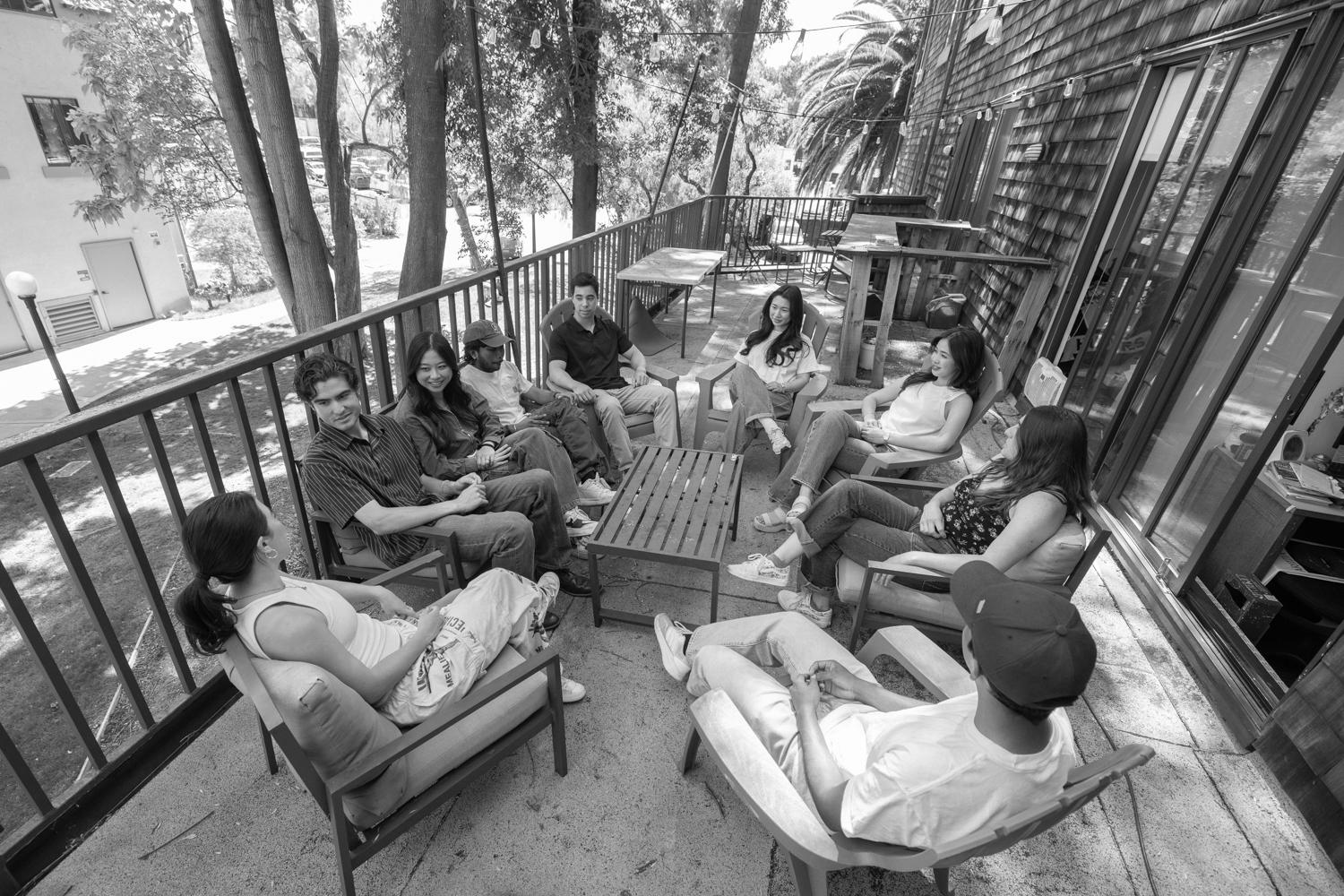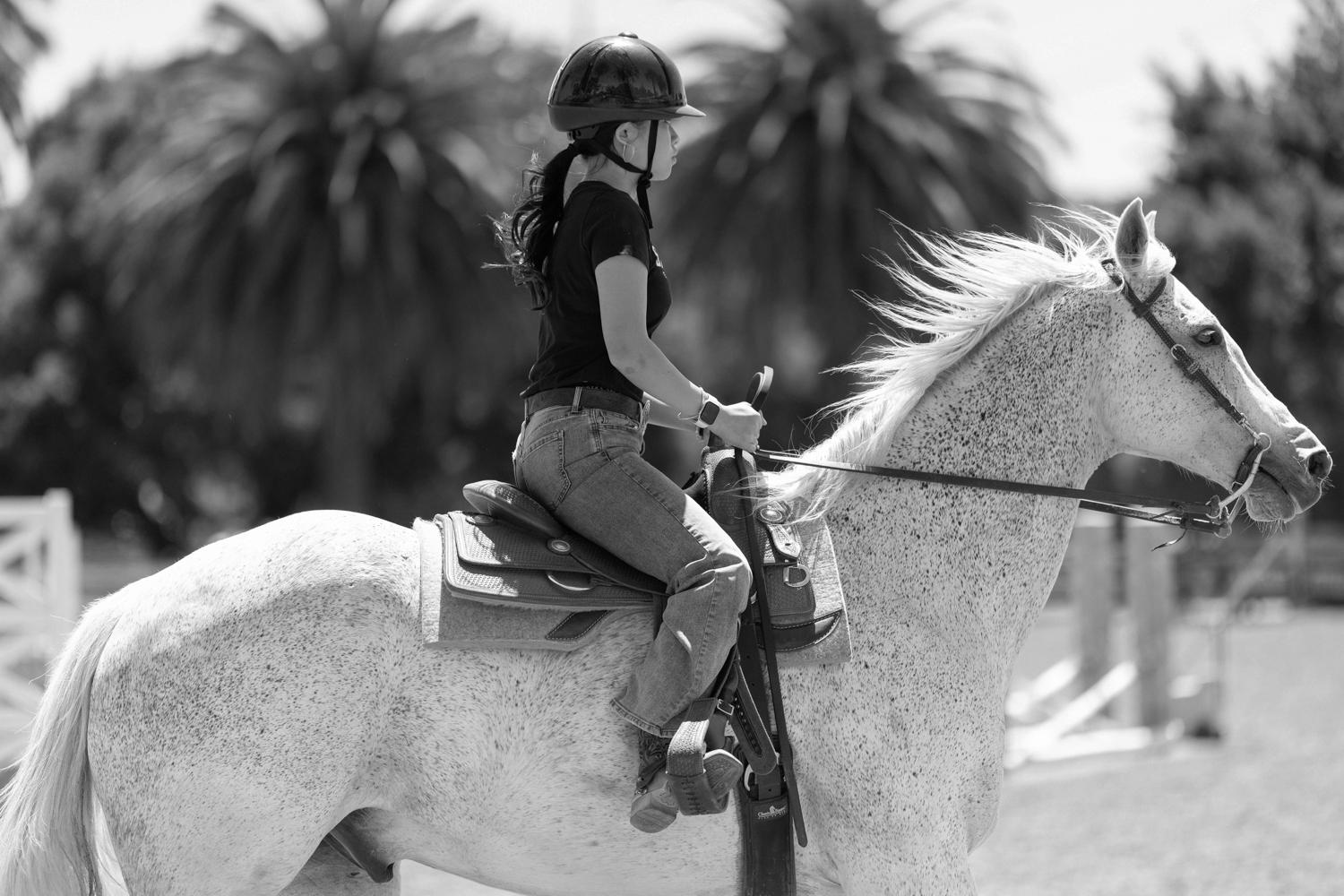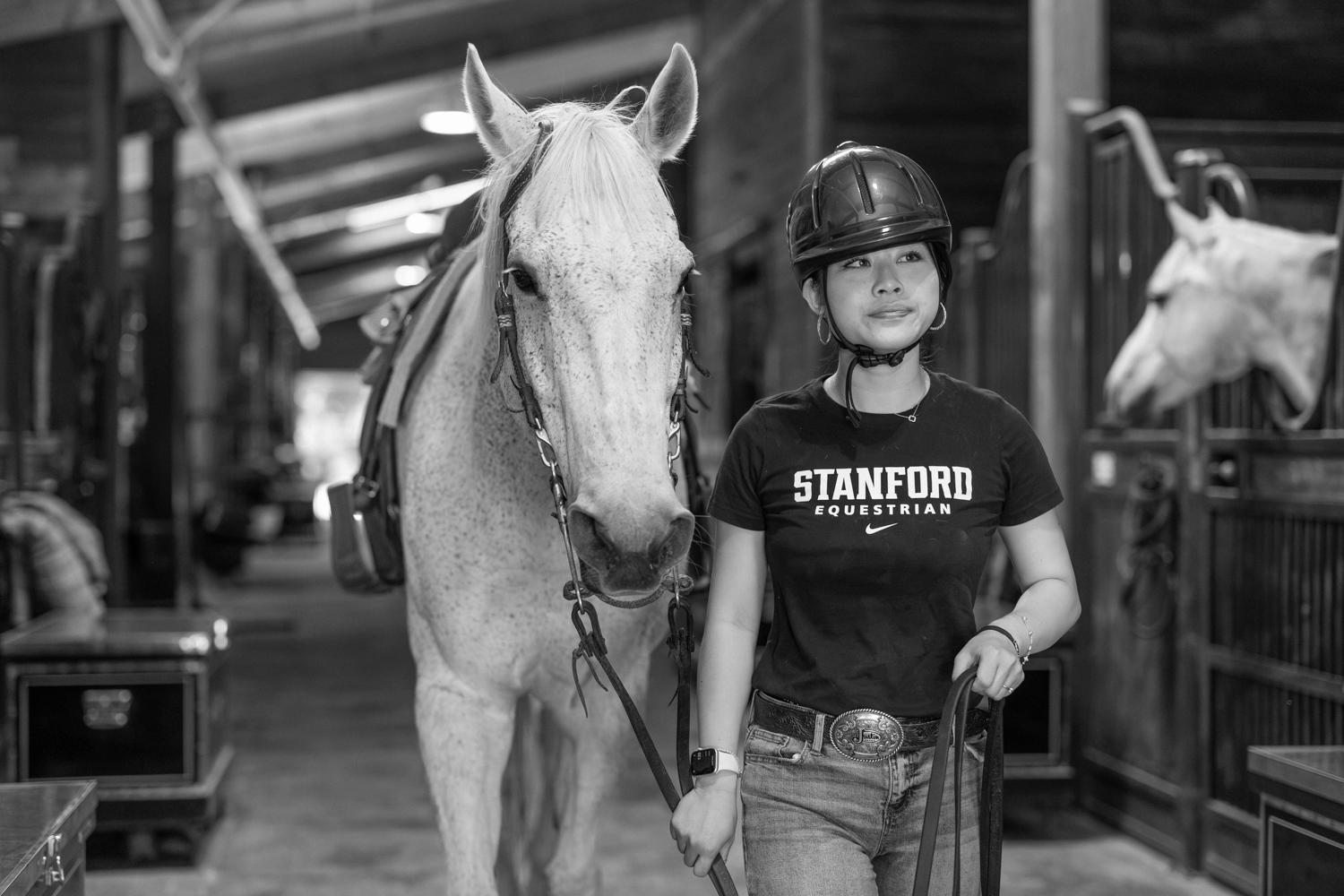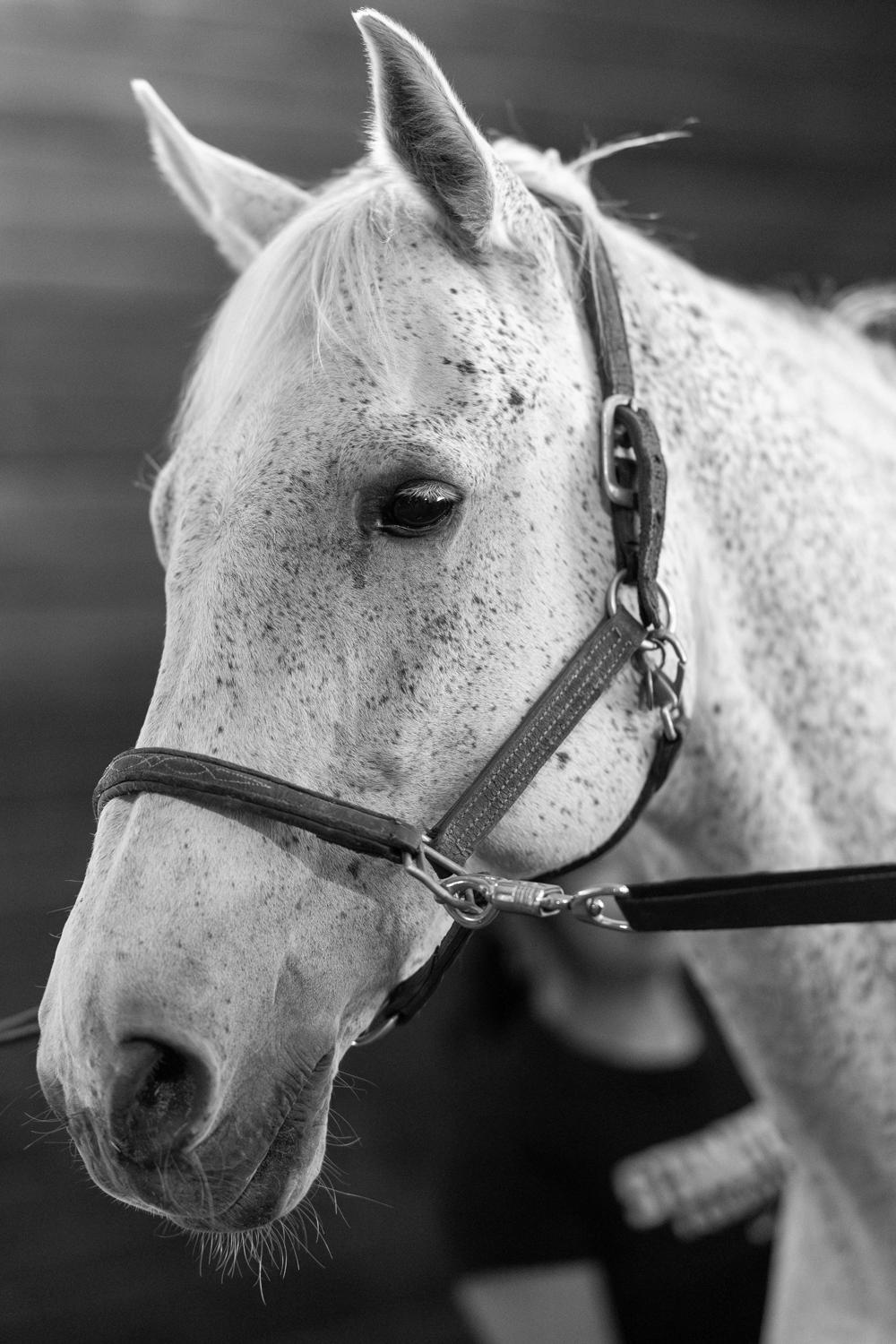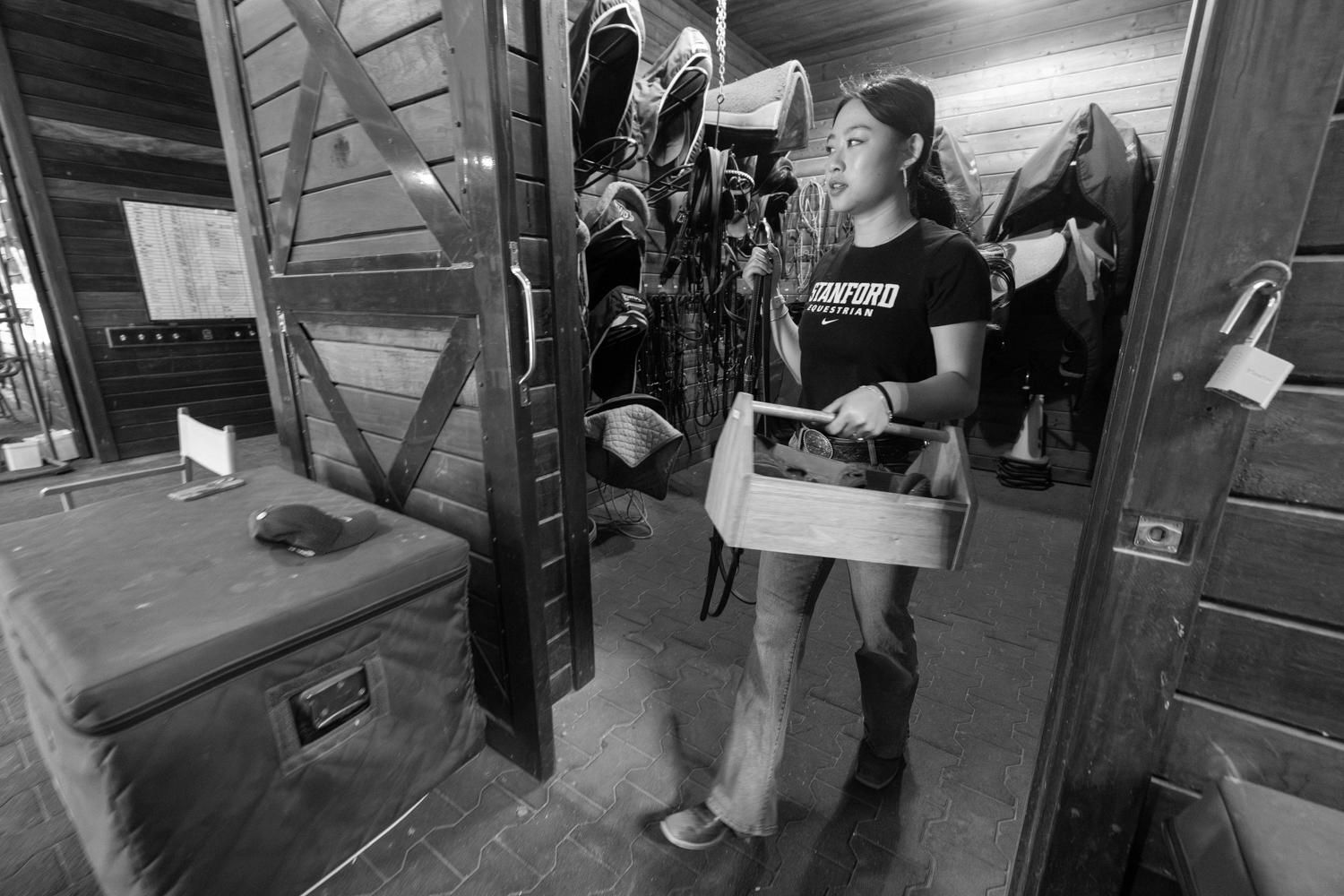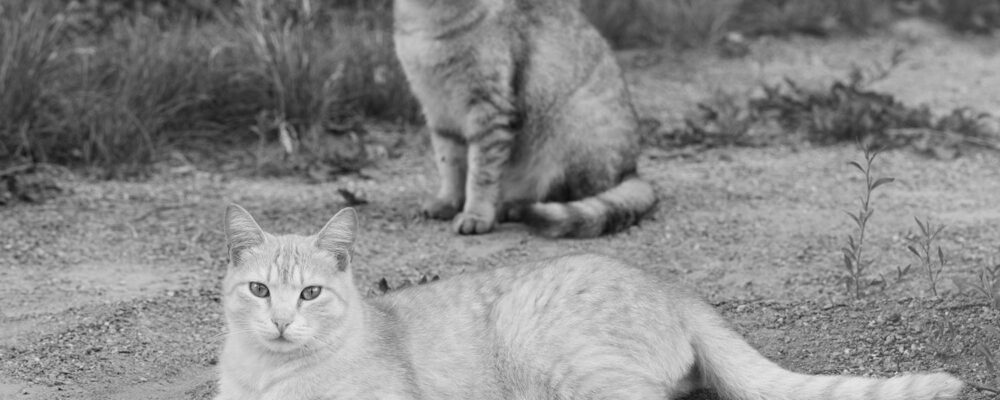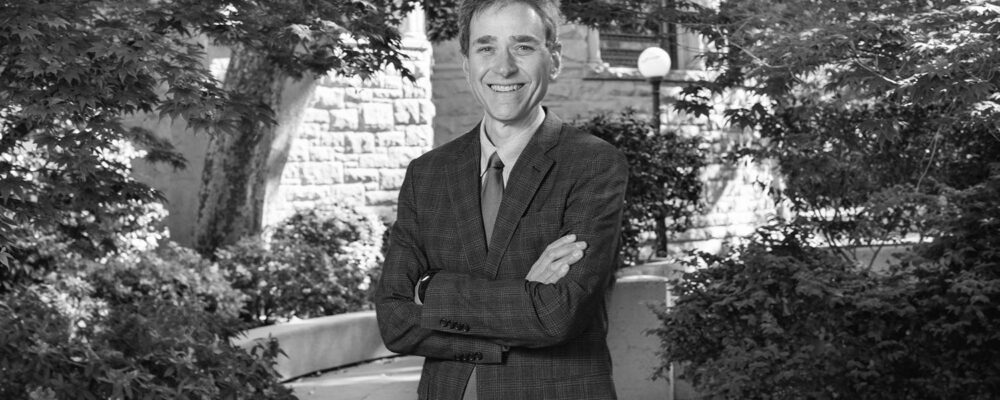Angeline Yu spent much of her upbringing in her parents’ small Hawaiian restaurant. It was where she learned to talk to strangers.
“I got to know the customers, their stories, their favorite orders,” Yu said. “I really enjoyed learning about other people.”
In high school, she began volunteering at a local hospital where she’d visit patients in their rooms and learn about their medical challenges and hospital experiences. “I would often sit with them for hours, talking to them about their lives outside of the hospital walls,” she recalled. “And that led to my interest in health care.”
At Stanford, Yu is a coterminal student pursuing a bachelor’s degree in science, technology, and society (STS), a minor in biology, a notation in Cardinal service, and a master’s degree in community health and prevention research. Set to graduate next month, the first-gen/low-income student now has her sights set on medical school.
Close
Bridging cultural divides
Yu was born in Honolulu, Hawaii, to Chinese immigrants who later relocated the family to Issaquah, Washington, a suburb of Seattle. The COVID-19 pandemic forced Yu’s parents to close their restaurant, and they found work waiting tables and working odd jobs. Yu spent much of her childhood in Seattle’s International District and Chinatown, home to mostly Chinese immigrants who don’t speak English, like her grandparents.
Yu would often accompany her grandmother to doctor’s appointments and serve as a translator. Whenever doctors asked her grandmother if she had questions, she’d respond, “No.” But later, she’d share her questions with Yu.
“I learned in one of my Stanford courses that the Chinese word for ‘Any questions?’ is the same word for ‘Any problems?’” she said. “And since my grandmother’s Chinese cultural values taught her not to be a burden, she’d never ask questions because that would imply there was a problem. That’s when I realized that there are often big cultural and linguistic disconnects in health care, and it can be really hard to bridge those divides.”
The realization led Yu to think deeply about the challenges of health systems, particularly in Asian, Pacific Islander, and immigrant communities. That realization also inspired her to pursue an education in science and health, and fueled her academic, research, and service efforts throughout college.
At Stanford, Yu considered several majors before landing on STS, which combined her interest in science with history, culture, and social issues. She also described her graduate studies as a “perfect complement.”
“Community health is very tangible,” she said. “It’s about creating interventions – like educational materials or activities – for your community that resonate culturally.”
Outside of the classroom, Yu immersed herself in Stanford’s many opportunities. She was a research assistant at the Stanford Center for Asian Health Research and Education, as well as the Department of Psychiatry and Behavioral Sciences at the School of Medicine. She serves as network director and pre-med director for the Asian Pacific American Medical Student Association (APAMSA), a national organization of medical and pre-medical students addressing the unique health challenges of Asian Americans, Native Hawaiians, and Pacific Islanders.
There are often big cultural and linguistic disconnects in health care, and it can be really hard to bridge those divides.”
“Bridging public health, science, and its impact on society, and finding ways to serve communities – that’s been the main theme of my academic life,” she said, adding that Stanford’s Opportunity Fund paid for her to take the MCAT exam. She intends to apply to medical school with the goal of becoming a primary care physician or an OB-GYN.
Yu also served on the Stanford Club Sports Executive Council, was a teaching assistant for two undergraduate courses, and is a communications assistant at the Center for Human and Planetary Health.
The horse whisperer
Amid her busy schedule, Yu found a welcoming community at the Stanford Red Barn, where she practices with the equestrian team. She was first introduced to horses by a friend in high school and, despite having little riding experience, made Stanford’s team. She’s also challenging popular notions that the sport is exclusive and inaccessible.
“The Stanford equestrian team is very cognizant of the barriers to horse riding and works hard to mitigate them,” she said, adding that scholarships and opportunities to work off dues, such as teaching an introductory riding course, allowed her to participate. “Stanford’s been very supportive.”
Yu described the Red Barn as her “escape” from an otherwise busy life. “When I go to the barn, I ride, I forget about everything else, it’s just my horse and me in the moment. There are very few activities that allow me to do that.”
The sport is also helping Yu prepare for a career in health care.
“Horses are very sentient beings and will mirror your behavior. If you’re nervous, they will be nervous, too,” she said. “They’ve taught me a lot about the art of nonverbal communication and how to show up and be present for others, which is important when practicing medicine and working with patients.”
Andrew Brodhead
Close
Full circle moment
With just days until Commencement, Yu isn’t ready to say goodbye.
“I feel like my time at Stanford isn’t finished,” she said. After graduating, she will stick around to conduct research on campus.
Yu credits much of her drive to her younger sister, Anzelia, whom she cared for growing up. “Taking care of her taught me patience, advocacy, and a deeper kind of love,” Yu said. “She reminds me every day why I care so deeply about building a healthier, happier future for families like mine and for future generations.”
When Yu was applying to colleges, Stanford was not initially on her radar. Now, with her undergraduate days winding down and nostalgia setting in, she’s spent recent days reflecting.
“I genuinely could not imagine being at another school,” she said. “And while I never expected to be here, I think that everything works out for a reason.”
Looking ahead, Yu said she’ll use the knowledge, tools, and skills that Stanford gave her to give back to the Asian immigrant communities that built her up. “It feels like a full circle moment!”
“Stanford University, officially Leland Stanford Junior University, is a private research university in Stanford, California. The campus occupies 8,180 acres, among the largest in the United States, and enrols over 17,000 students.”
Please visit the firm link to site


